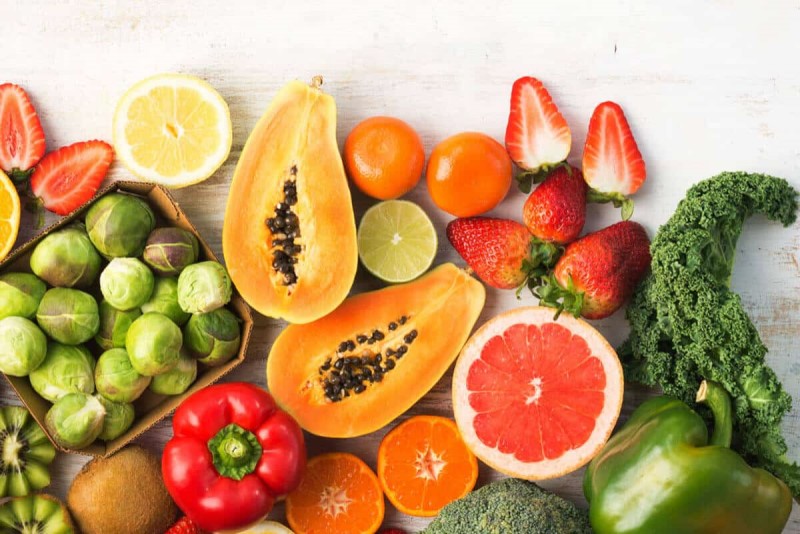Vitamin C is an essential vitamin, meaning your body can’t produce it. It’s water-soluble and found in many fruits and vegetables, especially citrus fruits. It helps form and maintain bones, skin, and blood vessels. It is also an antioxidant. Vitamin C is also known as L-ascorbic acid, or simply ascorbic acid.
Functions of vitamin C.
- Vitamin C is a powerful antioxidant that can strengthen your body’s natural defense.
- Antioxidants are molecules that boost the immune system.
- Vitamin C aids collagen production. It’s vital for skin health, a deficiency can cause skin disorder or early wrinkles.
- A deficiency in vitamin C is associated with many stresses related diseases.
- It helps reduce chronic diseases, Studies show that vitamin C can help the body’s natural defense to fight inflammation.
- Vitamin C have been found to lower blood pressure.
- They are essential for cardiovascular health.
- It helps fight pollution, allergies and motion sickness.
- Boosts nutritional absorption: Vitamin C can improve the absorption of many nutrients like absorption of iron.
- Vitamin-C-rich foods have been linked to reduced blood uric acid levels and lower risk of gout.
- Improves memory & brain function: Low vitamin C levels have been linked to an increased risk of memory and thinking disorders like dementia.
- It can also help in protecting eyes.
Best Food Sources of Vitamin C

Capsicum or Bell peppers are one of the richest sources of Vitamin C!
| Foods (100 gm) | Vitamin C Content |
| Bell peppers (Capsicum) | 80-140 mg. |
| Orange | 54 mg. |
| Lemon | 53 mg. |
| Amla (Indian Gooseberries) | 300 mg. |
| Kiwi | 91 mg. |
| Broccoli | 65 mg. |
| Tomato | 20 mg. |
| Potato | 20 mg. |
| Cantaloupe | 40mg. |
| Green veggies | 20-40 mg. |
Vitamin C Deficiencies Symptoms include:
- Bruising.
- Bleeding gums.
- Weakness.
- Fatigue.
- Rash.
How much is too much?
The recommended daily intake for vitamin C is 75 mg for women and 90 mg for men.
For pregnant women it is 85 mg and nursing mother is 120mg. Due to its lesser absorption, humans need more than required.
And a dosage of Vitamin C till 500mg is regarded to be safe. The recommended maximum intake of vitamin C for adults is 2000mg per day.
Taking too much of vitamin C is unlikely to cause any significant problems.
But, if a person consumes more than 1,000 mg of vitamin C per day, they will not absorb it all. This may lead to diarrhea and gastrointestinal discomfort.
These are the basics you needed to know about Vitamin C!
